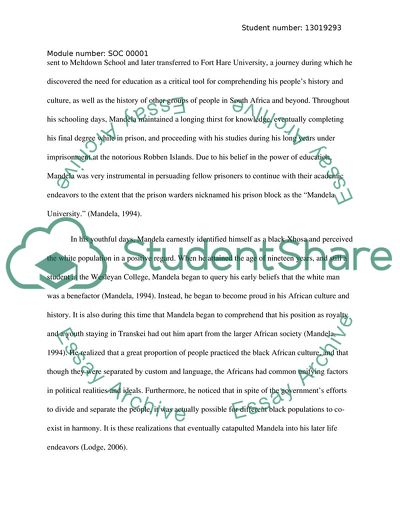Cite this document
(Sociology across the Life Course, Nelson Mandela Essay, n.d.)
Sociology across the Life Course, Nelson Mandela Essay. https://studentshare.org/sociology/1835629-nelson-mandela-sociology-across-the-life-course
Sociology across the Life Course, Nelson Mandela Essay. https://studentshare.org/sociology/1835629-nelson-mandela-sociology-across-the-life-course
(Sociology across the Life Course, Nelson Mandela Essay)
Sociology across the Life Course, Nelson Mandela Essay. https://studentshare.org/sociology/1835629-nelson-mandela-sociology-across-the-life-course.
Sociology across the Life Course, Nelson Mandela Essay. https://studentshare.org/sociology/1835629-nelson-mandela-sociology-across-the-life-course.
“Sociology across the Life Course, Nelson Mandela Essay”. https://studentshare.org/sociology/1835629-nelson-mandela-sociology-across-the-life-course.


